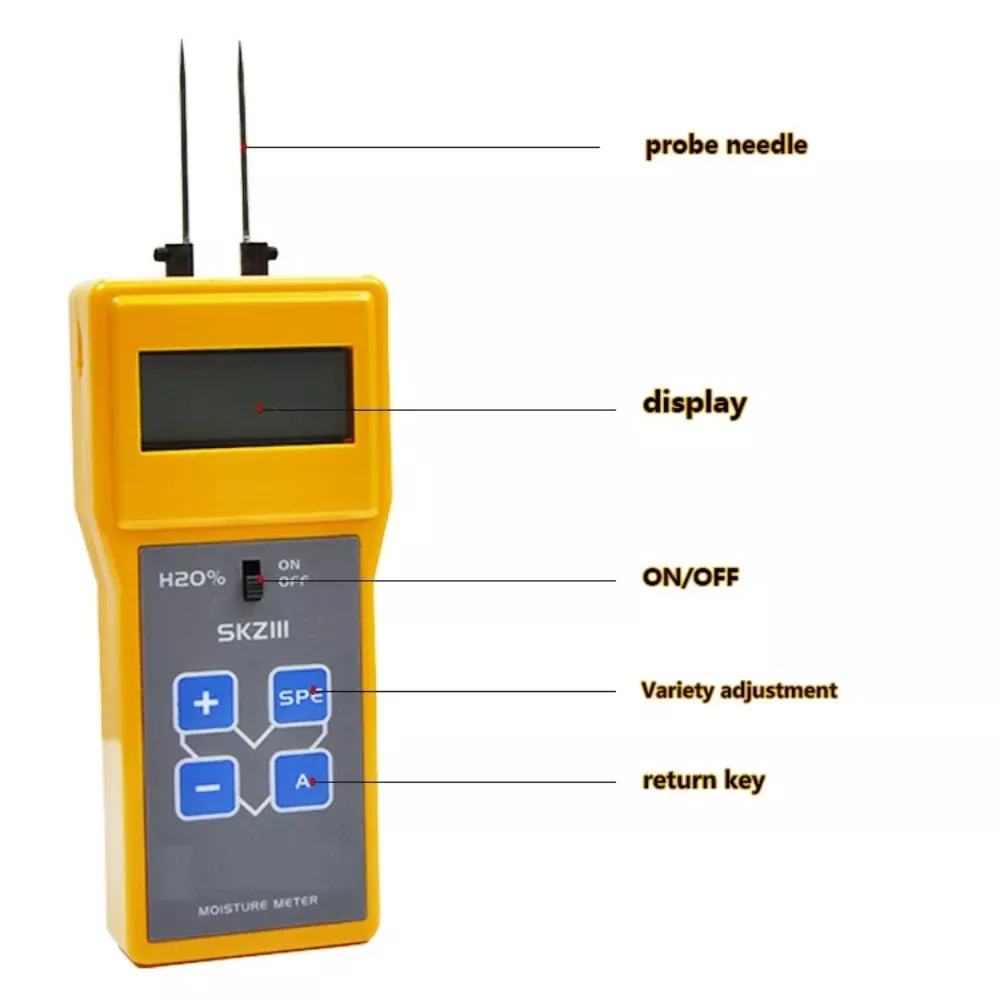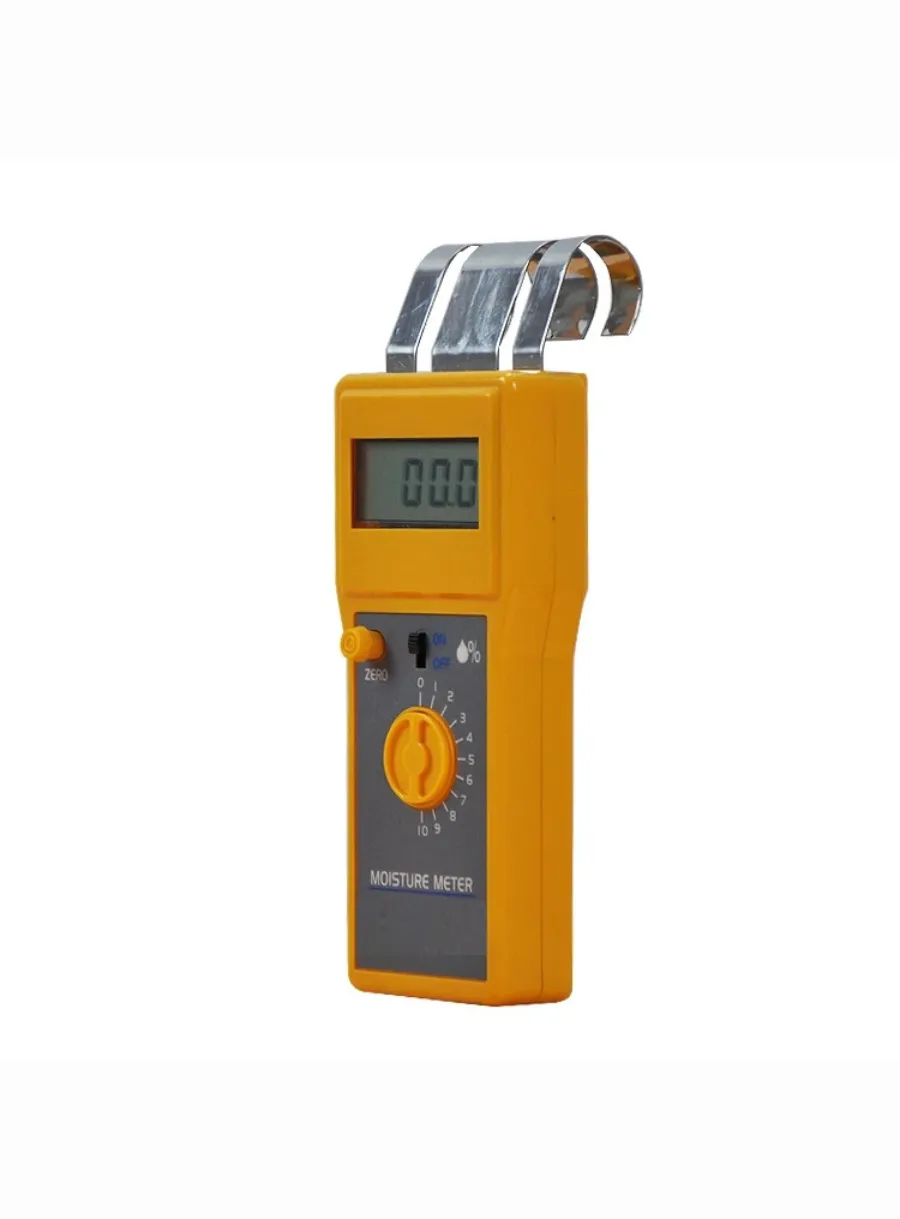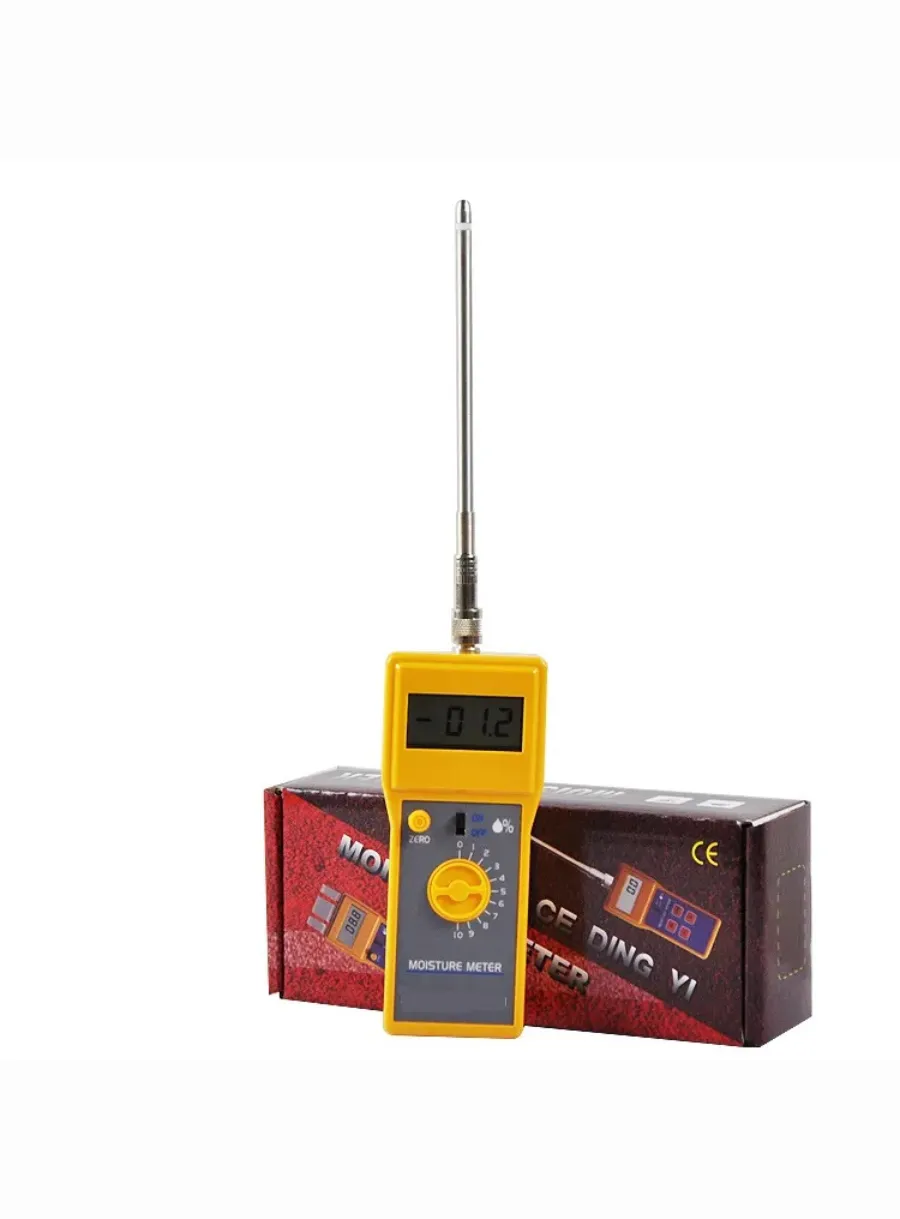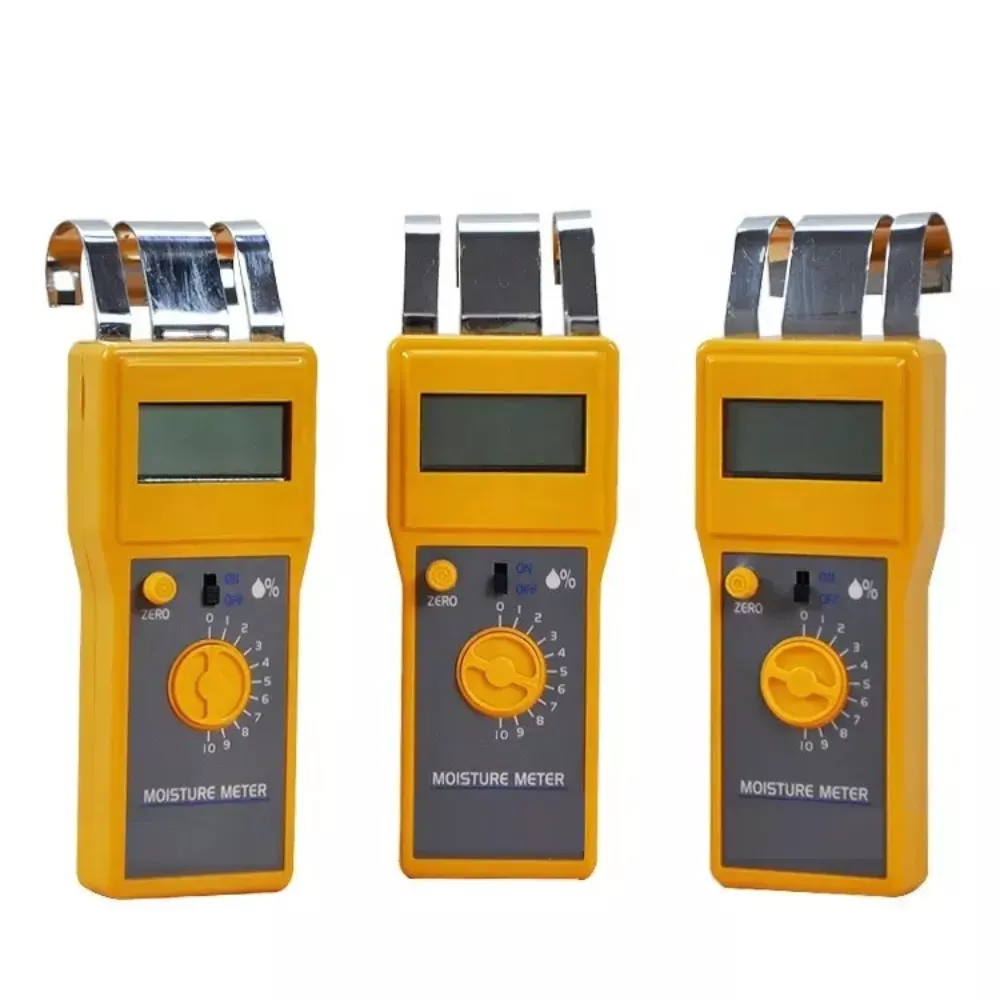
The Importance of Textile Moisture Meters in the Textile Industry
Table of Contents
What is Textile Moisture Meters
The textile industry is a vital sector in the global economy, producing a wide range of products such as clothing, home furnishings, and industrial materials. One of the key factors that determine the quality and performance of these textile products is their moisture content. textile moisture meters play a crucial role in ensuring that the moisture levels in textiles are within the desired range, thereby maintaining the quality and performance of the final products.
How Textile Moisture Meters Work
textile moisture meters are instruments designed to measure the moisture content in textiles. They work by measuring the electrical conductivity of the textile material, which is directly proportional to its moisture content. The moisture content is expressed as a percentage of the weight of the moisture in the textile material relative to the weight of the dry material.

Importance in Various Production Stages
The importance of textile moisture meters in the textile industry cannot be overstated. They are essential in various stages of the textile production process, from the raw material stage to the finished product stage. At the raw material stage, moisture meters are used to determine the moisture content of fibers and yarns, ensuring that they are within the acceptable range for further processing. This is important because excessive moisture can lead to problems such as mold growth and reduced strength of the fibers.
Monitoring During Processing
During the processing stage, moisture meters are used to monitor the moisture content of the textile material at different stages of production. For example, they can be used to measure the moisture content of fabrics after they have been dyed or printed, ensuring that the moisture levels are within the desired range for optimal performance. This is important because excessive moisture can cause the dyes or inks to bleed or run, while too little moisture can lead to poor adhesion of the dyes or inks to the fabric.

Ensuring Quality in Finished Products
In the finishing stage, moisture meters are used to measure the moisture content of the final textile products. This is important because the moisture content of the finished products can affect their performance, such as their breathability, comfort, and durability. For example, a garment with too high a moisture content may feel clammy and uncomfortable to wear, while a garment with too low a moisture content may be stiff and difficult to wear.
Role in Quality Control and Assurance
textile moisture meters are also used in quality control and assurance processes. By measuring the moisture content of textile products, manufacturers can ensure that their products meet the required standards and specifications. This is important because non-compliant products can lead to customer dissatisfaction and potential legal issues.
Conclusion
In conclusion, textile moisture meters are essential tools in the textile industry. They play a crucial role in ensuring that the moisture content of textile materials is within the desired range, thereby maintaining the quality and performance of the final products. By using textile moisture meters, manufacturers can produce high-quality textile products that meet the needs and expectations of their customers.
Comments
Tags
Frequently Asked Question
A textile moisture meter is an instrument designed to measure the moisture content in textiles by measuring the electrical conductivity of the material, which is directly proportional to its moisture content.
Textile moisture meters are crucial for maintaining quality and performance throughout the production process. They help ensure proper moisture levels in raw materials, during processing, and in finished products, which affects various aspects such as fiber strength, dye adhesion, and product comfort.
Moisture meters are used at various stages, including the raw material stage (for fibers and yarns), during processing (e.g., after dyeing or printing), and in the finishing stage for final products.
Textile moisture meters help manufacturers ensure that their products meet required standards and specifications by allowing them to measure and control moisture content. This helps prevent issues like mold growth, reduced fiber strength, and poor dye adhesion, ultimately leading to higher quality products and customer satisfaction.


